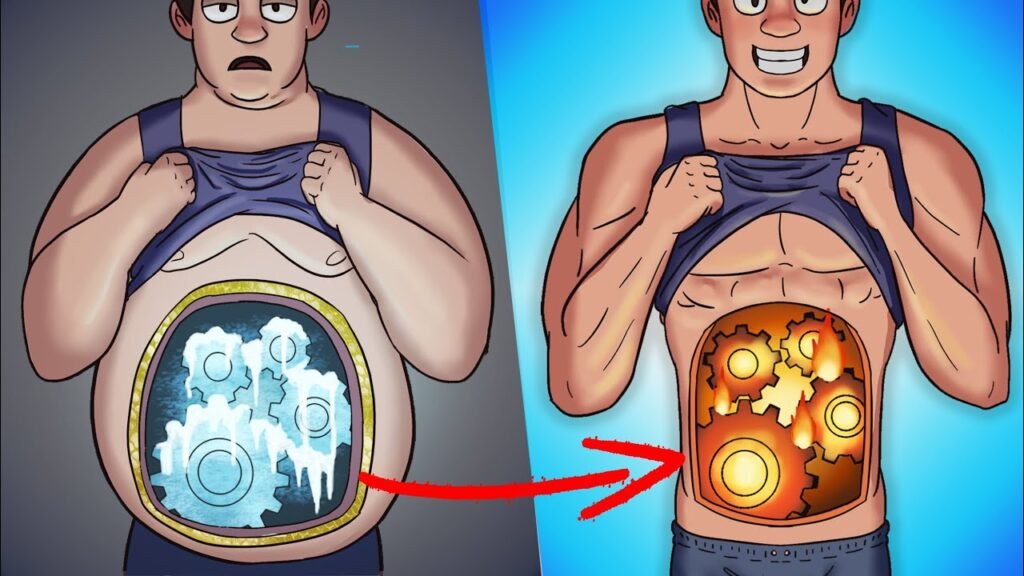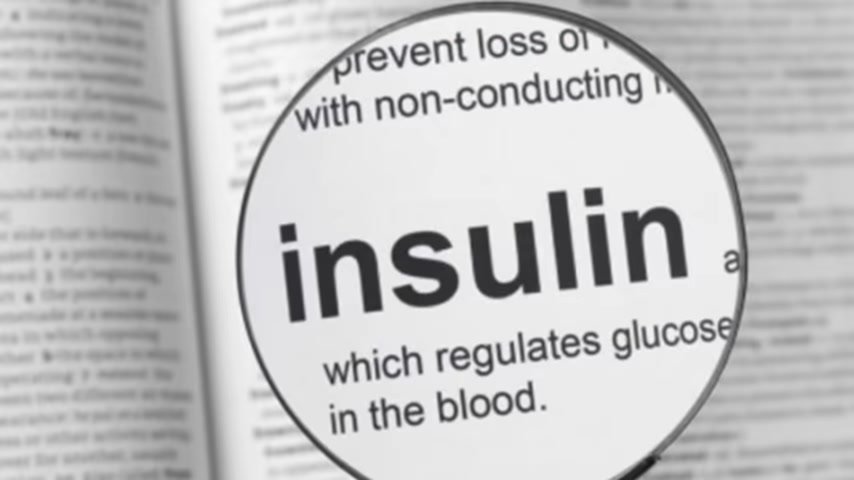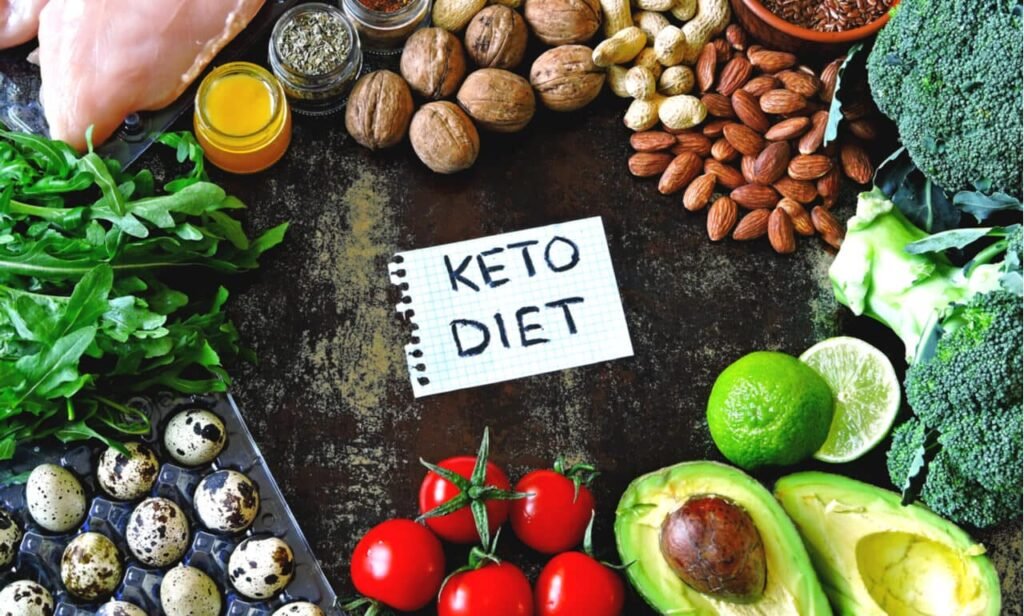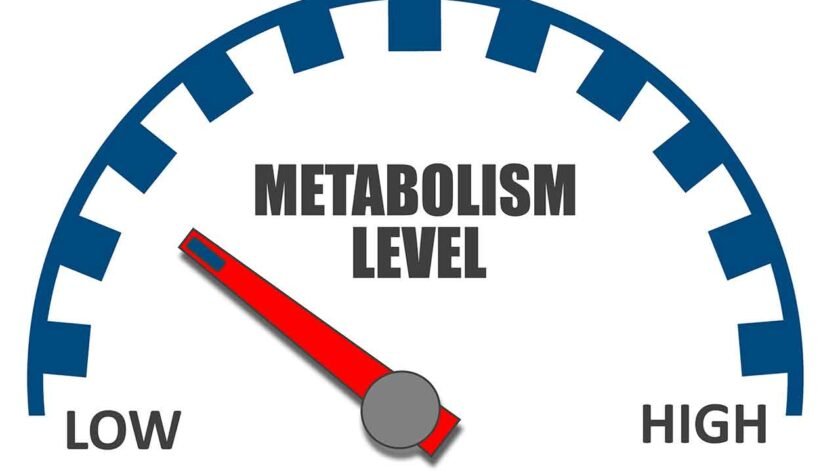Table of Contents
Are you tired of struggling with a slow metabolism and stubborn fat? What if I told you there’s a way to turn your body into a fat-burning machine? Imagine waking up every day feeling lighter, more energetic, and watching those stubborn pounds melt away effortlessly.
It’s time to discover the power of ketosis and how it can revolutionize your metabolism. Join me as I share my personal journey and reveal the secrets that finally helped me overcome my weight loss plateau.
Brief The Article:
Ketosis Makes Fat Cells Inefficient:
- Unlike a slow metabolism which is highly efficient at conserving fuel, ketosis makes your fat cells inefficient, leading to greater fat burning.
- This inefficiency means your body uses more energy (fuel) to produce the same amount of output, similar to driving a car with the gas and brake pedals pressed simultaneously.
Ketosis Mimics a High Metabolism State:
- While a slow metabolism efficiently utilizes minimal fuel, ketosis promotes a higher metabolic rate by requiring more energy to function.
- This shift from a low to a high metabolism state is key for individuals looking to break through weight loss plateaus.
Benefits of Ketosis:
- You “waste” more fuel (fat) due to the inefficient nature of ketosis.
- Ketones are expelled through breath and urine, indicating fat loss.
- Lowering carbohydrates and insulin through ketosis naturally boosts metabolism.
Why Constant Dieting Can Be Problematic:
- Continuously restricting calories can train your body to become extremely efficient at utilizing minimal fuel, making further weight loss difficult.
- Ketosis offers a different approach by promoting fat burning through metabolic inefficiency rather than extreme calorie restriction.
How to Achieve Ketosis:
- The article recommends learning about and implementing a ketogenic diet to induce ketosis.
- Lowering carbohydrates and insulin is key to achieving this metabolic state.
So let’s dive into the details…
Introduction to Ketosis and Fat Burning

Recently at our Keto Summit, we had professor Benjamin Bickman give a talk on ketones. This data is taken from his talk. I’ll put a link down below for more information on him, a very fascinating guy.
So he was talking about ketones and fat burning. But what I found very interesting was this, when you’re in ketosis, your fat cells are very inefficient.
Key Points:
- Professor Benjamin Bickman’s talk on ketones
- Ketosis makes fat cells inefficient
Understanding High vs Low Metabolism
Now, if you take someone with a slow metabolism, their metabolism actually is very efficient. They can get by in a very tiny amount of fuel. But when you put someone in ketosis, they waste a tremendous amount of fuel. It takes way more oxygen to make less fuel.
Metabolism Comparison:
| Slow Metabolism | Ketosis Metabolism |
|---|---|
| Very efficient | Gets by on a tiny amount of fuel |
| Gets by on tiny amount of fuel | Requires more oxygen for less fuel |
Analogy: Car Running on Fat Fuel
I think the best analogy that I can think of would be, let’s say, for example, you’re driving your car, and instead of having gasoline in the car, you’re running on fat fuel.
And the goal is to get rid of that fat fuel. So if you put your foot on the gas pedal, okay, you’re gonna be using more energy.
But let’s say for example you also have your foot on the brake pad as well. It’s it’s not only gonna go so far. So you’re gonna have to put more energy or more gas pedal to produce the same amount of energy to get somewhere.
Analogy Breakdown:
- Car running on fat fuel
- Goal: Get rid of fat fuel
- Foot on gas pedal = Using more energy
- Foot on brake pad = Inefficiency
- More energy needed for same result
The Benefits of Inefficient Fat Burning in Ketosis

So that’s what happens in ketosis. You’re using a lot more fuel because you’re wasting a lot of fuel. And this is very good because you have a lot of fuel to waste.
I mean, one of the worst things that could happen to a person, let’s say they’re £300, and they get in a diet and they start dropping their calories to 500.
And they do that over a period of time, back and forth, dieting, back and forth. And now they’re at a point where they could be working out
eating 500 calories, and they barely lose anything because their body has adjusted so efficiently that it can run on small amounts of fuel.
Ketosis is completely different. You’re gonna be wasting a lot of fuel, and also you’re gonna be breathing out and urinating out ketones.
That’s why when you test yourself with a breath meter or a glucose stick, that’s wasted fat that’s coming out of your body.
Benefits of Ketosis:
- Uses more fuel due to inefficiency
- Wastes a lot of fuel (beneficial for fat loss)
- Excretes ketones through breath and urine
Scientific Evidence: Ketosis and Metabolism

Now there’s actually 2 studies I’m gonna post in the description area. One is a study that relates ketosis speeding up your metabolism,
and the other one relates to lowering your carbohydrates, not even necessarily getting into ketosis. But just the fact of lowering your carbohydrates will increase your metabolism.
Study Findings:
- Ketosis speeds up metabolism
- Lowering carbohydrates increases metabolism
The Role of Insulin in Metabolism

Because the main factor that controls your metabolism is this right here, insulin. Whether you drop your carbs or do fasting, you’re gonna lower insulin. And the fact that you’re lowering insulin is going to speed up your metabolism.
Key Points:
- Insulin is the main factor controlling metabolism
- Lowering carbs or fasting reduces insulin
- Reduced insulin speeds up metabolism
Overcoming Slow Metabolism with Ketosis

So if you’re struggling with a slow metabolism, realize we need to switch you over here so your system becomes more inefficient, wastes more fat, and it’s all about getting into ketosis.
You can learn how to do it. It’s very easy. It’s gonna be very beneficial because trying to lose weight with a slow metabolism is completely unnecessary.
All it takes is some simple understanding of how to get into ketosis so you can drop insulin, and your fat cells can be more inefficient.
Steps to Overcome Slow Metabolism:
- Switch to a ketogenic diet
- Make your system more inefficient
- Waste more fat
- Get into ketosis
- Drop insulin levels
- Make fat cells inefficient
Understanding the dynamics of metabolism is crucial when considering ketosis as a weight loss strategy. The inefficiency of fat burning in ketosis can be a game-changer for those with a slow metabolism.
By leveraging the principles of high metabolism vs low metabolism, individuals can optimize their weight loss journey through ketosis.
Additional-resources
- Effects of a low carbohydrate diet on energy
- Energy expenditure and body composition
- Professor Benjamin Bikman
Summary
- When you’re in ketosis, your fat cells are very inefficient.
- A person with a slow metabolism actually has a very efficient metabolism. They can get by on a very tiny amount of fuel. You don’t want your body to adjust and be able to run on a small amount of fuel.
- A person in ketosis wastes a tremendous amount of fuel. It takes more oxygen to make less fuel. This is good because you have a lot of fuel to waste.
There are two studies I want to mention:
- The first study relates ketosis to increase metabolism.
- The second study relates lowering carbohydrates to speeding up a sluggish metabolism.
- The main factor that controls your metabolism is insulin. Lowering insulin through healthy keto and intermittent fasting will speed up your metabolism.
- Trying to get into weight loss with a slow metabolism is unnecessary. All it takes to boost your metabolism is an understanding of how to get into ketosis so you can drop insulin and your fat cells can be more inefficient.
FAQ
Does high metabolism burn more fat?
Yes, a high metabolism generally burns more fat. Metabolism refers to the process by which your body converts food and drink into energy.
- High metabolism = more calories burned
- Increased calorie burn can lead to more fat loss
- Diet and exercise still play crucial roles
Is it better to have a high or low metabolism?
Generally, it’s considered better to have a high metabolism. A high metabolism can offer several benefits:
- Easier weight management
- More energy throughout the day
- Potentially lower risk of metabolic diseases
However, an extremely high metabolism can sometimes lead to difficulties in gaining weight or muscle mass. The ideal is a balanced metabolism that supports your health and fitness goals.
How do I activate my metabolism to burn fat?
Activating your metabolism to burn more fat involves several strategies:
- Build muscle: Muscle tissue burns more calories than fat tissue, even at rest.
- High-Intensity Interval Training (HIIT): This type of exercise can boost your metabolism for hours after your workout.
- Eat protein-rich foods: Protein has a high thermic effect, meaning your body burns more calories digesting it.
- Stay hydrated: Drinking water can temporarily boost your metabolism.
- Get enough sleep: Poor sleep can negatively impact your metabolism.
How can I trick my metabolism into burning fat?
While you can’t exactly “trick” your metabolism, you can optimize it for fat burning:
- Eat smaller, more frequent meals to keep your metabolism active
- Include metabolism-boosting foods like green tea, chili peppers, and lean proteins
- Try intermittent fasting, which may help improve metabolic function
- Incorporate strength training to build muscle mass
- Manage stress levels, as chronic stress can slow metabolism
Slow metabolism symptoms
Common symptoms of a slow metabolism include:
- Unexplained weight gain
- Difficulty losing weight despite diet and exercise
- Constant fatigue or low energy levels
- Dry or cold skin
- Hair loss
- Constipation
- Depression or mood changes
Note: These symptoms can also indicate other health issues, so it’s important to consult with a healthcare professional for proper diagnosis.
How to increase metabolism
To increase your metabolism:
- Exercise regularly: Both cardio and strength training can boost metabolism.
- Eat enough protein: Aim for 20-30% of your daily calories from protein.
- Don’t crash diet: Severe calorie restriction can slow your metabolism.
- Stay hydrated: Drink at least 8 glasses of water daily.
- Get enough sleep: Aim for 7-9 hours per night.
- Manage stress: Practice relaxation techniques like meditation or yoga.
- Try metabolism-boosting foods: Green tea, coffee, spicy foods, and lean meats can help.
Fast metabolism symptoms
Signs of a fast metabolism may include:
- Difficulty gaining weight
- Frequent hunger
- Increased heart rate
- Higher body temperature
- Increased sweating
- Hyperactivity or nervousness
- Frequent bowel movements
While a fast metabolism can make weight management easier, extremely high metabolism may indicate an underlying health condition and should be discussed with a healthcare provider.
How to lose weight with a slow metabolism
Losing weight with a slow metabolism requires patience and strategy:
- Increase protein intake: This can boost metabolism and reduce appetite.
- Lift weights: Building muscle mass increases your resting metabolic rate.
- High-Intensity Interval Training (HIIT): This can boost metabolism for hours after exercise.
- Get enough sleep: Poor sleep can negatively impact metabolism and weight loss.
- Manage stress: Chronic stress can slow metabolism and promote weight gain.
- Stay hydrated: Water is crucial for metabolic processes and can slightly boost metabolism.
- Consider medical causes: Consult a doctor to rule out conditions like hypothyroidism.
High metabolism problems
While a high metabolism is often desirable, it can present some challenges:
- Difficulty gaining weight or muscle mass
- Frequent hunger and need to eat often
- Potential nutritional deficiencies if calorie needs aren’t met
- Increased heart rate and blood pressure in some cases
- Higher body temperature and increased sweating
- Possible anxiety or hyperactivity
- In rare cases, it may be a sign of an underlying health condition
What causes fast metabolism
Several factors can contribute to a fast metabolism:
- Genetics: Some people naturally have a higher metabolic rate.
- Age: Metabolism is typically faster in younger individuals.
- Body composition: More muscle mass leads to a higher metabolism.
- Physical activity: Regular exercise can boost metabolism.
- Diet: Certain foods and eating patterns can temporarily increase metabolism.
- Hormones: Conditions like hyperthyroidism can speed up metabolism.
- Gender: Men often have faster metabolisms due to higher muscle mass.
How to know if your metabolism is fast or slow
Determining your metabolic rate accurately requires medical tests, but some general signs can give you an idea:
Fast metabolism signs:
- You can eat a lot without gaining weight
- You’re often hungry
- You have a lot of energy
- You have a higher body temperature
Slow metabolism signs:
- You gain weight easily, even when eating moderately
- You have difficulty losing weight
- You often feel tired or sluggish
- You have cold hands and feet




